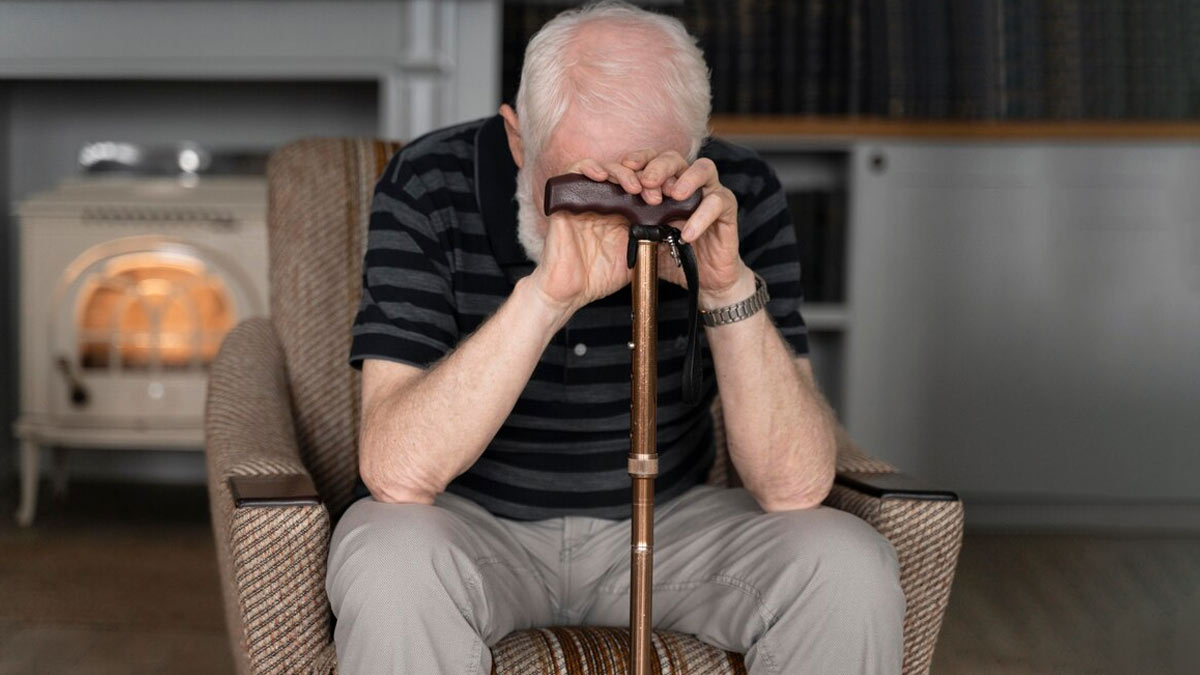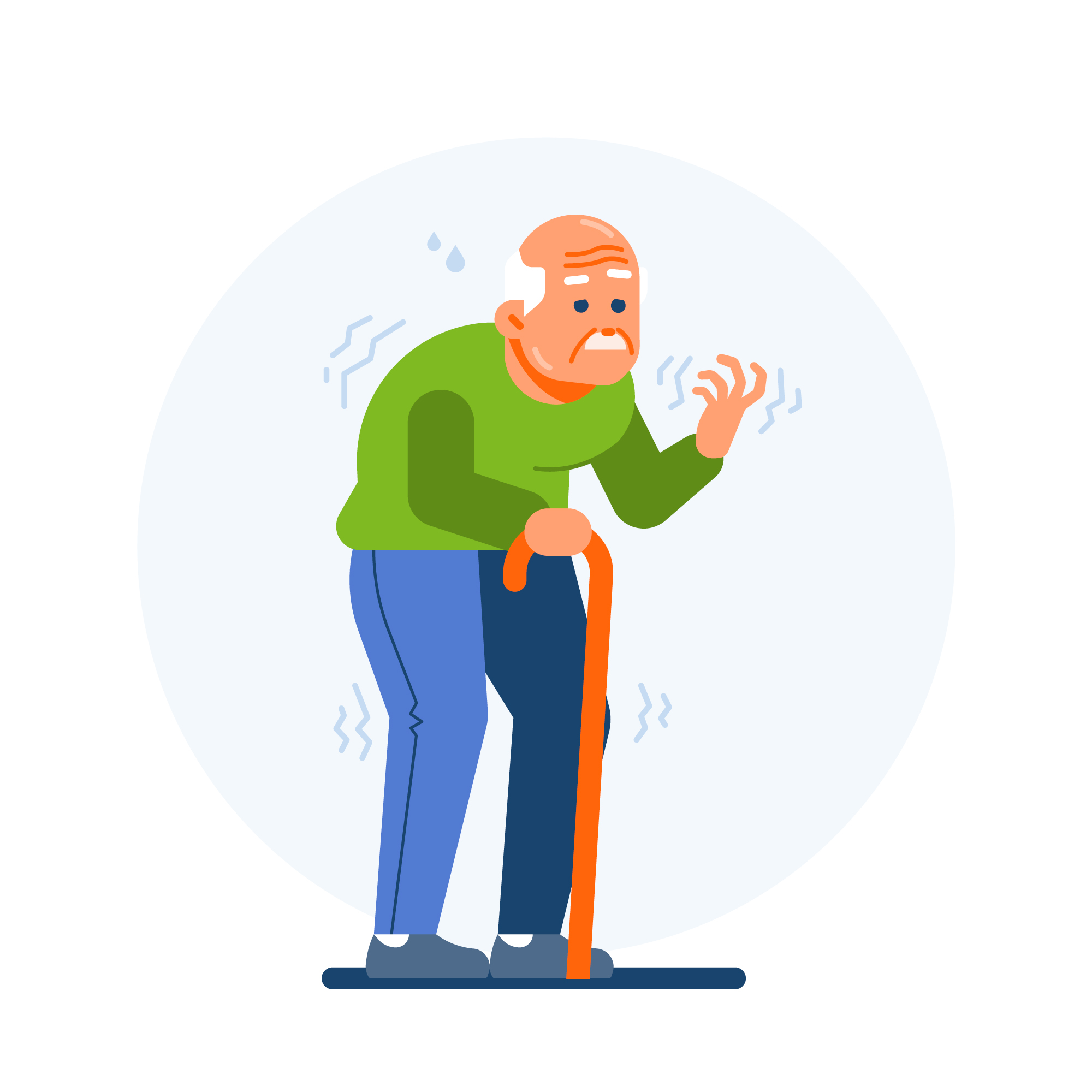
The recent tragedy involving Malaika Arora’s father Anil Mehta’s alleged suicide has highlighted an often overlooked issue—suicide risk among the elderly. We spoke to Dr Gorav Gupta, CEO and Senior Psychiatrist at Tulasi Healthcare, Gurugram, emphasising the importance of recognising and addressing this critical issue.
Dr Gupta explains that several factors contribute to the increased risk of suicide among the elderly:
In today’s fast-paced world, most elderly individuals live alone, away from family and friends, leading to a profound sense of isolation.
Physical ailments, chronic pain, and disability can significantly affect mental health.
Dr Gupta highlights that stress, anxiety, depression,and other mental health issues are quite prevalent among the elderly and often overlooked and underdiagnosed.

The loss of a partner, relatives, close friends, or family members can be devastating and trigger suicidal tendencies in elderly people.
Concerns about financial stability and the ability to manage medical expenses can contribute to feelings of hopelessness.
Elderly suicidal signs are often overlooked and less talked about. Recognising the warning signs of suicide risk is crucial for timely intervention. Dr Gupta identifies several key indicators:
A noticeable decline in social interactions and engagement in previously enjoyed activities.
Increased sadness, irritability, anxiety, or apathy. Sudden mood swings or unexplained anger can also be red flags.
Talking about feeling hopeless, being a burden, or having no reason to live. Explicit mentions of wanting to die or plans for suicide should never be ignored.

Major changes in sleeping patterns, such as excessive sleeping or insomnia.
Don't Miss: How Does Journaling Help You Release Emotions? Expert Weigh In
An uptick in alcohol or drug consumption can be a coping mechanism for underlying distress.
Making a will, giving away prized possessions, or saying goodbye to loved ones can be signs of suicidal intent.
Dr Gupta emphasises the importance of taking immediate action if you suspect an elderly person is at risk of suicide:
Engage in open, non-judgmental conversations with elderly people. You can encourage them to express their feelings and listen with empathy.
Contact a mental health professional for assessment and support. In urgent cases, don’t hesitate to call emergency services.
Don't Miss: What Causes Fatigue In Women? Expert Shares 8 Reasons
Regular visits, phone calls, and social interactions can help alleviate isolation.
Promote participation in social and recreational activities that provide a sense of purpose and joy.
The case of Malaika Arora’s father serves as a poignant reminder of the silent struggle many elderly individuals face. By recognising the warning signs and taking proactive steps, we can help prevent such tragedies.
Image Courtsey: Freepik
Also watch this video
Herzindagi video
Our aim is to provide accurate, safe and expert verified information through our articles and social media handles. The remedies, advice and tips mentioned here are for general information only. Please consult your expert before trying any kind of health, beauty, life hacks or astrology related tips. For any feedback or complaint, contact us at [email protected].